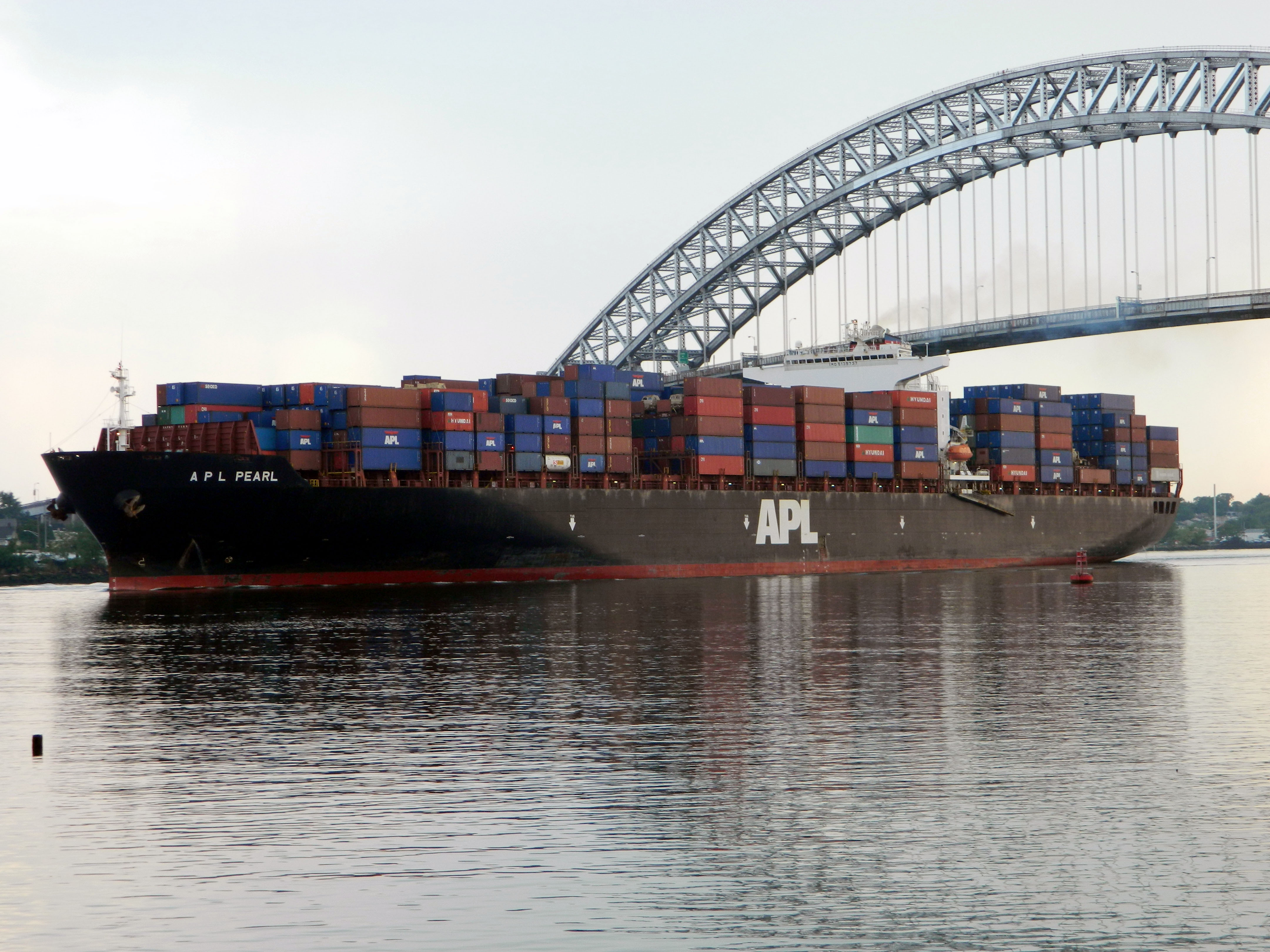If it ain’t broke don’t fix it.
That’s our message to U.S. government trade negotiators as they enter into talks on a Transatlantic Trade and Investment Partnership, or TTIP, with the European Union.
We’ve seen how balanced global trade can create good jobs, boost the economy, and open new markets. But we’ve also seen how trade done the wrong way can ravage industries that are pillars of our economy, destroy middle-class jobs, and even threaten our security.
Recently, I was invited to represent transportation labor at a high-level joint EU-US regulatory forum. This forum was designed to bring various interests into one room to discuss key issues revolving around the TTIP negotiations.
Our message was a simple one: keep aviation and maritime issues off the table. The Europeans want to include them in negotiations, a position that shouldn’t surprise anyone given the EU’s attempts in 2010 to again change how foreign entities invest in our airlines. Fortunately, negotiators for the U.S. government – led by the departments of State and Transportation – rejected EU overtures while still managing to reach agreement on an open skies deal.
Current aviation laws protect U.S. air carriers and employees from unfair competition, preserve basic labor rights and ensure America’s status as a world leader in air transportation. I haven’t seen a good argument in favor of changing our current policy, unless the objective is to inject unfair competition. Ask an out of work auto, steel or aerospace worker why trade policy matters.
Our current laws weren’t written cavalierly. They remain in place partly because our airline industry is intertwined with our national security. I suspect our government’s military and national security leaders would like to know that foreign interests will not control decisions about whether we do (or don’t) deploy our commercial aircraft fleet in support of military and humanitarian aid missions abroad. It makes good sense for Americans to control our airlines, not foreign entities that may not share our nation’s objectives.
It isn’t as if our aviation trade regime isn’t working; the existing administrative framework led to the completion of 107 open skies deals. This is the model that we will continue to support – not throwing aviation into the larger pot of complex issues that will dominate TTIP talks.
For similar reasons, the American maritime industry shouldn’t be in these talks either. The Jones Act, which requires that cargo moving between U.S. ports be transported aboard vessels that are crewed, flagged, owned and built American, has been on the books since 1922 and helps sustain an industry that employs 500,000 and generates $100 billion in annual revenue. Why does this matter? Well, because similar to aviation, the benefits of a strong U.S. merchant marine go far beyond the economic.
Our merchant marine is another source of support for our troops overseas and for delivery of humanitarian aid around the globe. The fact is that not a single military or humanitarian mission is executed without the support of our U.S. merchant marine. We should be promoting the growth of U.S. maritime, not negotiating it away – or accelerating the already alarming decline of this industry – as part of a broader trade agenda. To do so would place good jobs and our economic and national security at risk.
So what exactly is broken that needs fixing?
